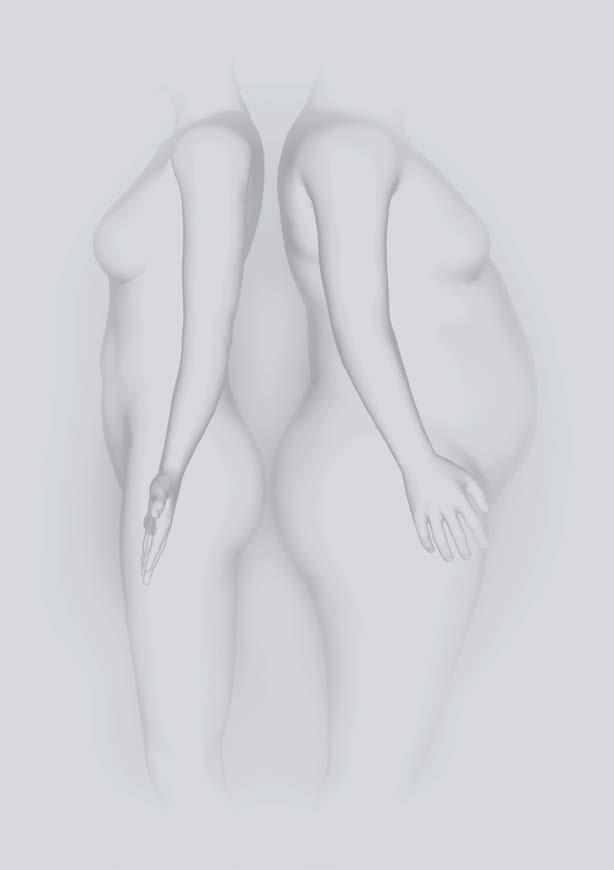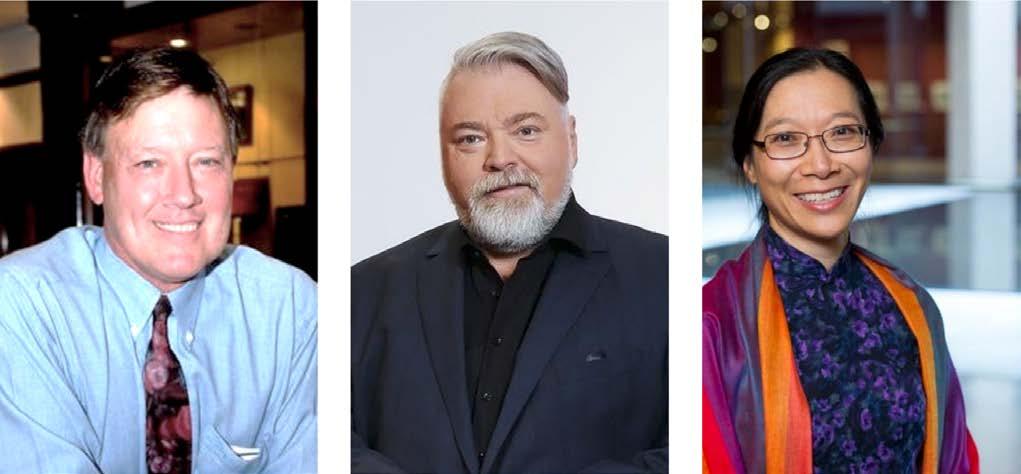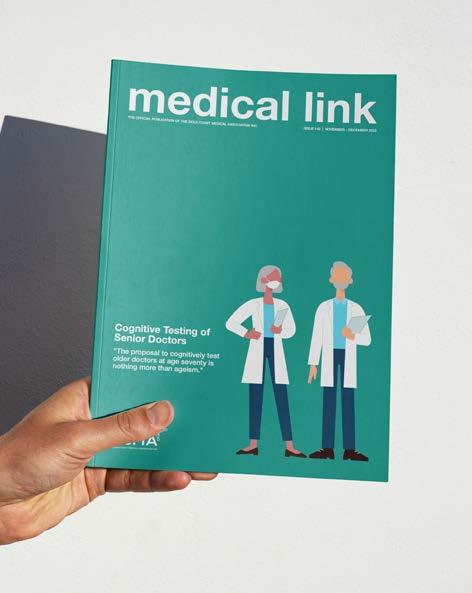
1 minute read
Screening — The First Step to Conquering Colorectal Cancer
Mohammed Islam MBBS, FRACP Icon Cancer Centre Lower Ground 3, 14 Hill Street Southport (07) 5634 2400 | admin.goldcoastprivate@icon.team
Colorectal cancer is a devastating disease which contributes to the third highest cause of cancer-related death for both men and women in Australia1
Advertisement
Unfortunately, many patients who develop colorectal cancer are asymptomatic until the disease is advanced or metastatic. If detected early, however, colorectal cancer is easy to treat with curative intent. So, while a patient may not exhibit symptoms, screening is critical to ensure early detection and improved patient outcomes.
The risk of developing colorectal cancer increases at 45 years of age. As a result, screening for colorectal cancer in Australia is recommended every two years from the ages of 50 to 74. It is recommended patients who present high-risk factors begin screening earlier. These factors include:
• Previous history of colorectal cancer or adenomatous polyp
• Family history or genetic risk of colorectal cancer
• Abdominal radiation in childhood
• HIV infection
• Lifestyle habits – obesity, dietary fat, alcohol & smoking
The screening process involves a Faecal Occult Blood (FOB) test. This non-invasive test seeks to identify blood in a miniscule sample from two separate bowel motions (faeces). While usually caused by something less serious than cancer, blood may be an early sign of bowel cancer or a polyp (a growth on the inside of the bowel that could develop into cancer).
If the FOB test indicates blood in the bowel motions, a colonoscopy is recommended for diagnosis. Gastroenterologists can perform other tests if required.
In such a deadly disease, it is critical patients are given the best possible chance to beat their cancer. If colorectal cancer is found, there are advanced treatment options available including surgery, radiation therapy, chemotherapy, targeted therapy and immunotherapy.
An experienced multi-disciplinary team (MDT) can help determine the best course of treatment for the patient depending on their individual circumstances, stage of cancer, health factors and treatment preferences.
Dr Mohammed Islam is an experienced medical oncologist who consults and treats patients at Icon Cancer Centre Southport. He is experienced in caring for a wide range of solid tumour malignancies, with a special interest in urogenital cancers, colorectal cancer, head and neck cancer and lung cancers.
For more information or to refer a patient, visit iconcancercentre. com.au/centre/southport, email admin.southport@icon.team or call 07 5657 6400
References
1. Australian Institute of Health and Welfare. (2021). Cancer in Australia. Retrieved from https://www.aihw.gov.au/ getmedia/0ea708eb-dd6e-4499-9080-1cc7b5990e64/ aihw-can-144.pdf.aspx?inline=true






